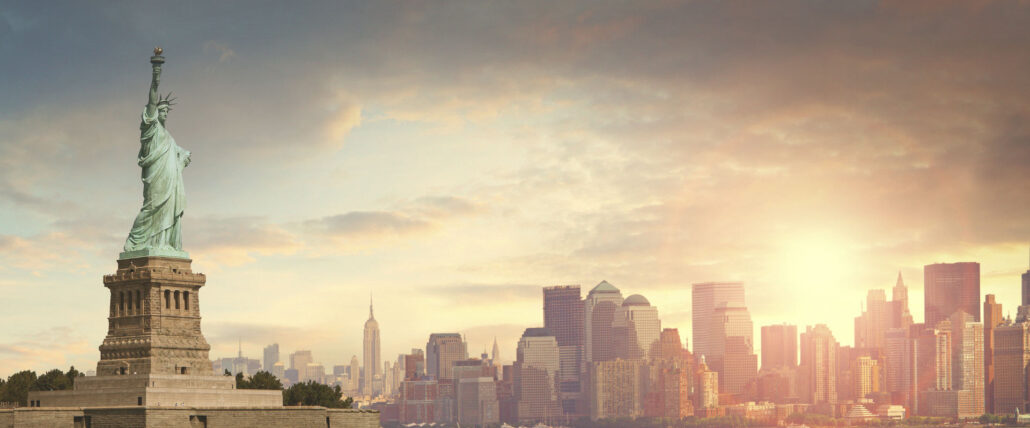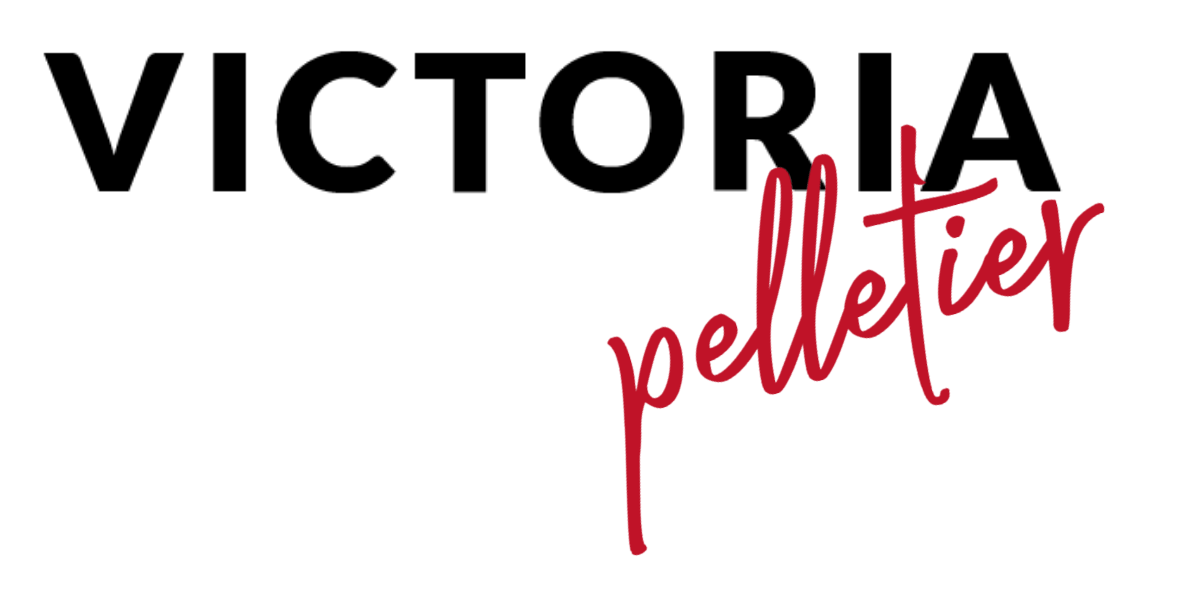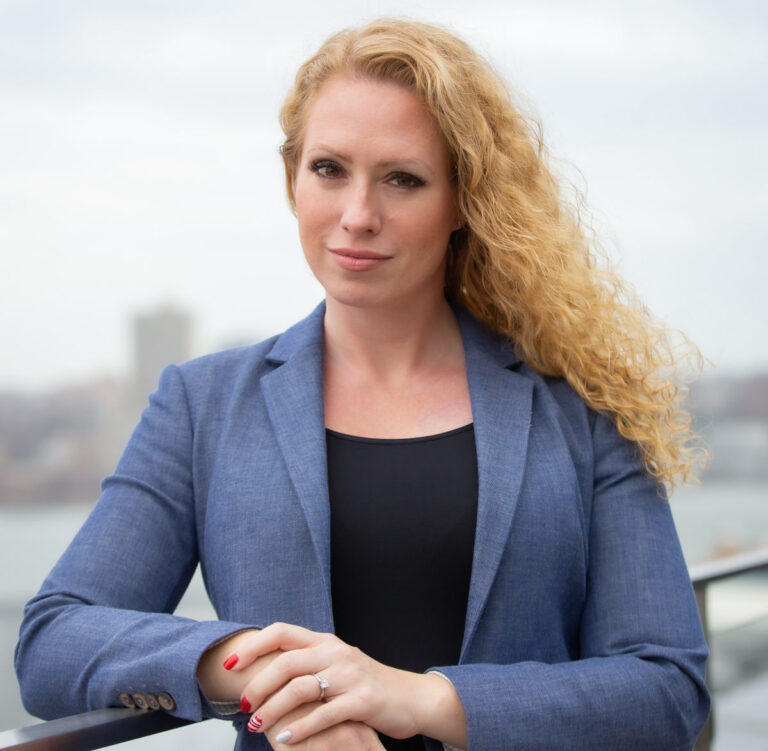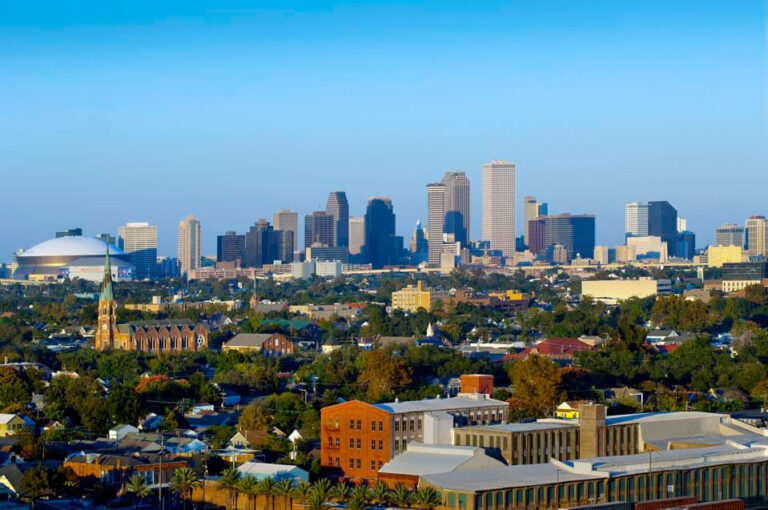
A Free Pass or a License to Live Responsibly?
They say, “History repeats itself.”
On July 9, 1776, a group of New Yorkers grabbed ropes and began to tug at the statue of King George III that once stood on Bowling Green at the tip of my adopted city, New York. The placement and subject matter were deliberate, of course, signs to all who entered NYC that the land belonged to mighty England. Defacing the statue was viewed as defacing the king, punishable by imprisonment. They pulled the edifice down anyway, right after hearing the first public reading of the US Declaration of Independence.
Nestled amid high-minded language that affirmed the inalienable rights of life, liberty, and the pursuit of happiness was a list of 27 grievances against the crown. Near the end of the Declaration came the most incendiary statement of all: “These United Colonies are, and of Right out to be, free and Independent states.” The citizens of New York downed the statue as a declaration of their own freedom from tyranny.
Freedom is a word we tend to toss around to suit our desire at a given moment… At its best, freedom is understood as the ability to speak, act, move, and think as we will without outside restraint or hindrance. In the worst light, we reduce freedom to a free pass… A license to do whatever we choose to do without concern for its potential impact on the neighbor, the stranger, the family, the community. In this surreal year of 2020, we continue to see both expressions of freedom, most notably in the burgeoning Black Lives Matter movement and our continued reckoning with the advance of Covid-19. I, for one, see black and brown neighbors attempting to voice their pain and long-suffering while contending with the potential of outside restraint and hindrance from people of privilege. Simultaneously, I watch “never maskers” refuse to wear personal protective gear because it’s “a free country.” (Even though this choice puts others at risk)
The takeaways are obvious. In the office and in the public sphere, leaders must model expressions of freedom that balance the right of open expression with the responsibility to honor the well-being of community. In my own leadership practice in business, I nourish a work environment that encourages colleagues to voice great ideas, name vexing challenges, and call out behaviors that demean individuals and diminish the team. If our “freedoms” always place the individual’s gain above the common good, then business, family, and community erode.
History repeats itself. The fervor to remove symbols of hate, exclusion, and tyranny are nothing new. Likewise, an unwillingness to sacrifice a bit of personal “freedom” for the sake of the community has been around as long as the quest for liberty itself. My take on all of it? Freedom is never a free pass. Sacrifices have–and will always be—placed on the altar of liberty.
Model the balance. As a leader, encourage the free expression of ideas while also cultivating a culture of shared sacrifice.



